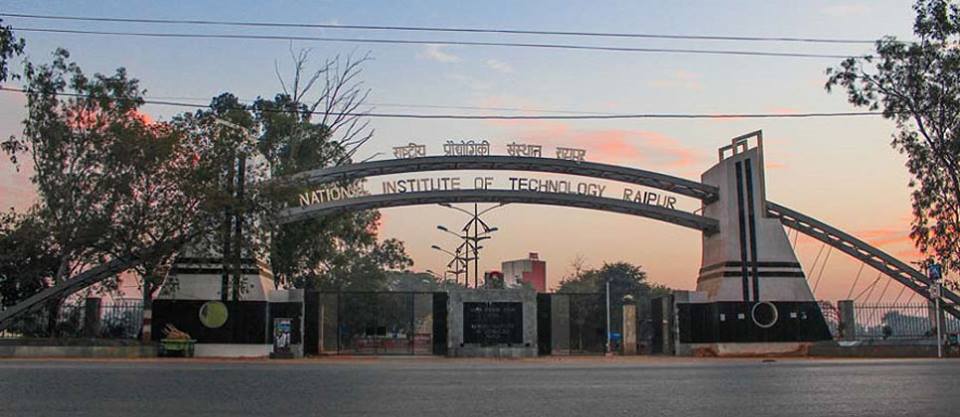The greatest grouch most top companies have with leading universities is that a vast number of young graduates are not very well-trained to be job-ready upon graduation. Companies usually end up investing vast resources and time into further training fresh recruits to transform them into high-value employees. Over the last few years, companies have started expecting top universities to take up the responsibility of training students in a better manner.
As one of the top private universities in Maharashtra, Sandip University has devised various strategies to bridge the gap between industry and academia. Sandip University has created a symbiotic relationship with their industry partners across different fields to train students as per industry standards. Let us take a look at the steps taken by Sandip University to
Sandip University’s Approach to Bridging Academia and the Job Market:
- Industry Involvement in Curriculum Design
Sandip University actively collaborates with top industry leaders and welcomes inputs regarding the design of each course’s curriculum. The curriculum is designed to provide a balanced approach to theoretical knowledge and practical hands-on skills that students need to develop. Outdated topics are eliminated to make way for futuristic topics in the curriculumto ensure advanced training of students.
- Establishing Centres of Excellence On-campus
Centres of Excellence are specialised labs and workshops that top industry leaders develop on Sandip University’s campus to train students. Here, students are personally trained by experts from the industry to provide them with an industry-relevant approach to their education. Currently, companies like Toyota and BMW have established Centres of Excellence and advanced training labs at Sandip University.
- Industry-Synced Co-curricular Activities
Students at Sandip University engage in diverse co-curricular activities to gain industry-relevant knowledge and training. The activities include workshops conducted by industry experts, guest lectures, seminars, webinars, student exchange programs, internships, industry visits, and many more. Each event is carefully curated to provide students with a well-rounded understanding of the topic at hand.
- Collaborations with Global Educational Partners
Sandip University has collaborated with top international universities and educational institutions. These collaborations help the students at Sandip University gain a global perspective through student exchange programs, faculty exchange programs, international competitions, international internships, global immersion programs etc.
- Value Addition and Global Certification Programs
The course curriculum of all programs offered at Sandip University includes a variety of value addition and global certification programs. These programs focus on technical as well as soft skill development in students. The goal is to ensure the overall development of students in topics beyond the scope of the course curriculum. As these programs are globally-recognised, it helps students to gain career opportunities all around the world.
- Compulsory Internships Integrated in the Curriculum
Gaining real-world work experience is an integral part of any young graduate’s career. To this end, Sandip University dedicates the final semester of each program to a compulsory internship with its industry partners. Students are also encouraged to apply for summer internships through the duration of their studies. The end result is that students have a better understanding of what to expect and how to integrate themselves into a company’s workforce when they finally have a full-time job.
- Industry Collaboration with Sandip University’s Placement Cell
Sandip University’s placement cell has various corporate tie-ups in place to ensure that their placement partners are able to recruit the most talented and skilled professionals from the University. Companies like Persistent, Capgemini, IMB, Infosys, Xento Systems, and Zensar Technologies have collaborated with Sandip University to facilitate student training, campus placements, industry visits, student development programs, and faculty development programs.









